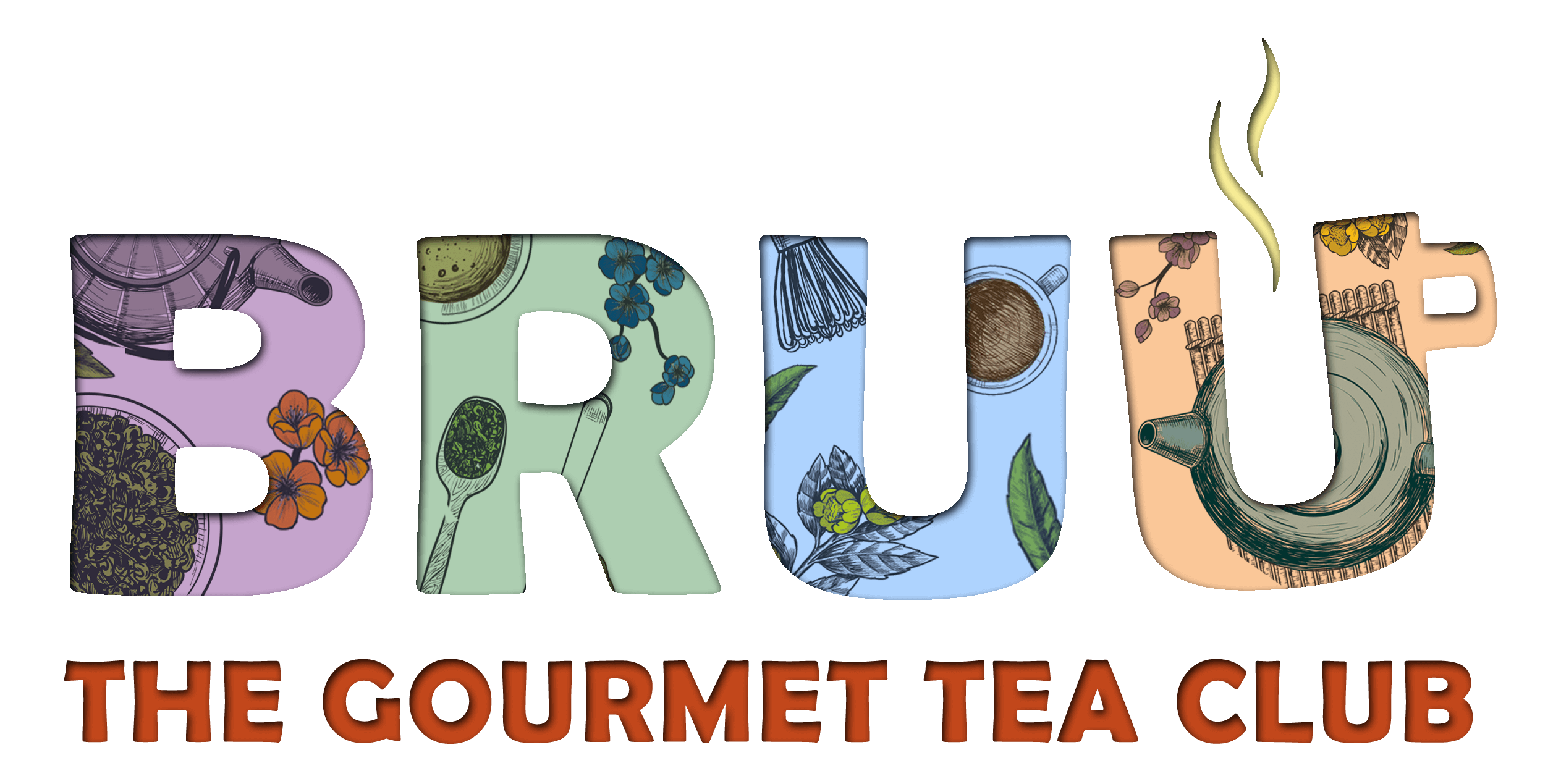Does Tea Contain Any Caffeine?


We all know someone who has an addiction to caffeine, and quite commonly, said person might take up tea drinking, under the assumption that tea contains less caffeine than coffee. But does it?
The definition of caffeine;
Noun
An alkaloid compound that is found especially in tea and coffee plants and is a stimulant of the central nervous system.
Firstly, let’s explore what caffeine actually is… It is a stimulant that affects the nervous system, and as a result can lead to increased heart rate, a rush of energy and can counteract the signs of fatigue. It is a natural by-product, found in many plants, coffee and tea being prime sources. It is thought to be a natural pesticide, helping the plants to fight off bugs that try to eat the leaves.
Determining how much caffeine is in tea can be tricky, however, as there are several factors to consider.
-
The type of tea leaf
-
The amount of tea used
-
How long the tea is left to brew
The greater the amount of tea used, the greater the amount of caffeine… granted, that one isn’t rocket science! Equally the longer the tea is brewed, the more caffeine is infused into your drink.
Caffeine in coffee tends to give you a quick burst of energy, with the caffeine entering your nervous system within about half an hour after drinking it. But this can result in quite a large crash in energy shortly after… which is when people get addicted, to keep on riding the energy rush.
Tea however releases its caffeine hit much more slowly, allowing your body to adjust to the additional energy. This obviously makes it the drink of champions, reliable, steady away, productive and efficient champions… also known as Team BRUU!
For those of you who want to steer away from caffeine altogether, a fruit or herbal tea will be your friend here, as they don’t contain the tea leaf. Caffeine has been linked to anxiety and insomnia, due to its stimulating properties.
Click here to see our range of caffeine free tea.





Leave a comment